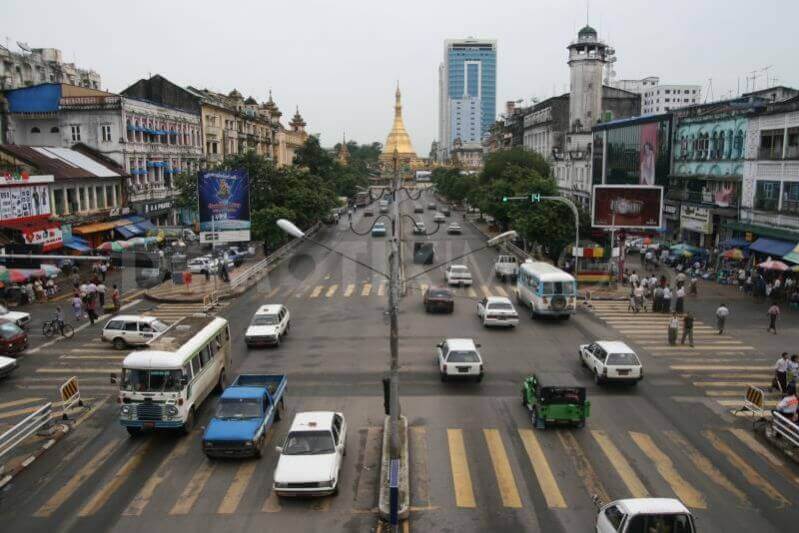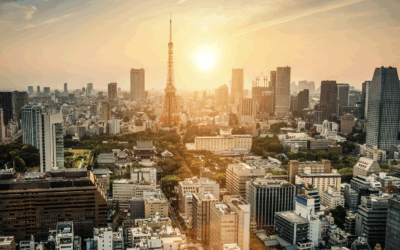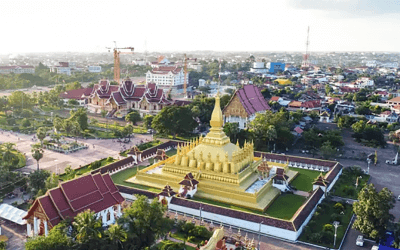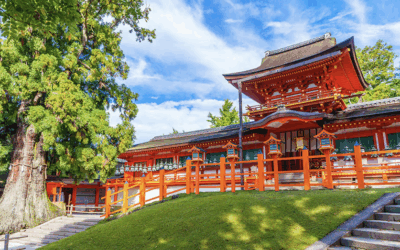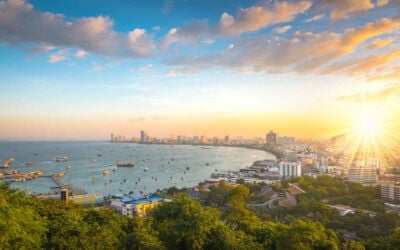Last updated April 8th, 2022.
The process of opening up and liberalizing a developing nation is never an easy task.
It’s especially hard for Myanmar, a Southeast Asian country which was closed off from the world economy until 2008… and then underwent a coup barely a decade later in 2021.
You can still fly to Yangon and invest there as a foreigner. With that said, buying property and stocks in Myanmar so is now even more uncertain than ever.
Thus, if you’re absolutely set on purchasing real estate or stocks here, doing proper research and knowing your limitations is crucial.
Investing in Myanmar was never for the faint of heart. And that doesn’t appear like it’ll change anytime soon. Regardless, there’s some profit to be made in Asia’s “last frontier market”.
At least until North Korea opens up to foreign businesses.
Myanmar’s government now has three key areas targeted for immense change. Namely, these are financial incentives for foreign investors, a Myanmar-EU Investment Protection Agreement, and the new Yangon Stock Exchange.
Low Incentive for Foreign Investors in Myanmar
Foreign investment capital is one of the most important forces that will shape Myanmar’s economy in the future.
As such, the government is taking steps to improve the investment environment and lure more foreign money.
They’ve largely accomplished that through updating Myanmar’s legal system and modernizing its infrastructure.
In particular, with regards to investment, Myanmar combined two laws shortly before its latest coup. Those are the Foreign Investment Law and Myanmar Citizens Investment Law.

Large multinational investors in Myanmar are often welcomed with a red carpet. SMEs typically encounter heavy bureaucracy and unclear processes though.
Foreign investment into the country has steadily risen since it began opening up. A majority of FDI flowing into Myanmar focuses on natural resources, especially its hydropower, natural gas, telecommunications, and mining sectors.
However, investment now even surpasses the government’s own previous expectations. There are some concerns over “excessive” foreign investment incentives.
Myanmar’s ruling party is even on board, thinking attractive incentives may lure “irresponsible” investors. Because of that, experts believe incentives helping foreigners invest in Myanmar will be sharply reduced in the future.
Tax relief for auto imports is also on the chopping board too. This perk heavily reduced vehicle prices in Myanmar upon its implementation.
Furthermore, Myanmar’s government will soon require an NGO to inspect any duty-free items brought into the nation.
Myanmar-EU Investment Protection Agreement
A legally binding level of protection for private investment in Myanmar and all 28 EU members was finished back in 2016.
Several rounds of very tough negotiations between Myanmar and the EU took place before this point.
According to U Aung Naing Oo, director of Myanmar’s Directorate of Investment and Company Administration, the agreement will attract firms with quality ethics. Such businesses will create jobs, increase exports, and transfer tech knowledge to the Burmese population.
U Aung thinks most EU firms are perfect matches with the local criteria. He said the agreement will go even further by protecting investors from Myanmar wanting to enter the EU market.
Currently, the EU has a trade deficit with Myanmar. Net exports from the EU to Myanmar had a value of around 600 million euros in 2016. But the EU imported over one billion euros worth of Myanmar’s products during the same year.
Closer analysis finds the biggest European investors in Myanmar by country. The UK is leading the race with a notable gap between its next competitors, the Netherlands and France.
Stock Exchange Helps Myanmar Foreign Investors
Aiming to catch up with wealthier neighbors in terms of its finance sector, Myanmar opened its very first stock exchange in 2015.
The Yangon Stock Exchange (YSX) was mostly developed by two Japanese firms, specifically the Daiwa Institute of Research and the Japan Exchange Group. One side effect of Myanmar’s new stock exchange is the banning of all over-the-counter (OTC) markets.
Orders made on the YSX will not involve direct cash transactions, according to Myanmar’s top finance minster. Kanbawza Bank, the country’s largest by most measures, will instead process all transactions.
Security measures are also being implemented. For example, any transactions higher than 100 million kyat (~US$65,000) will oblige banks to inform the financial crime unit and Central Bank through Myanmar’s anti-money laundering program.
To summarize, intentional investors in Myanmar are finally receiving more clarity with regards to the nation’s legal framework and requirements.
Nonetheless, investing in Myanmar still isn’t getting easier. Other nearby frontier markets in Asia like Cambodia and Mongolia are better options for companies, real estate investors, and stock traders alike.
Skip the Next Western Recession
Learn the best places to invest - and where to avoid - by downloading our free Investment Cheat Sheet.

